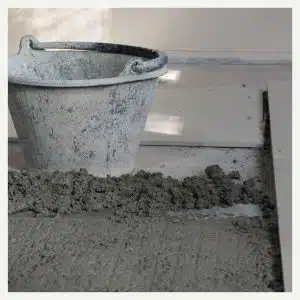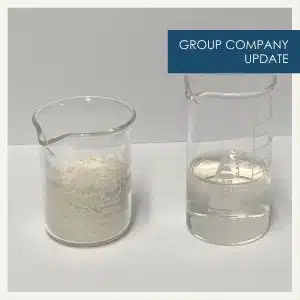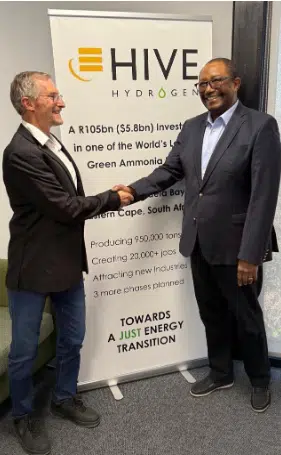Hive Aggregates is proud to be working with Coomtech on an exciting new project to take a previously thought waste product and convert it to a valuable mineral, reducing carbon emissions, helping the environment, and creating a new industry for the UK.
The project looks to carefully extract and reuse previously deposited pulverised fuel ash (PFA) waste from a former landfill site, containing close to seven million tonnes of pure PFA, and progressively restoring the site to priority wetland habitats. The PFA can then be turned into a low carbon, sustainable cement replacement.
The Cement Issue
Each year, more than four billion tonnes of cement (predominantly Portland Cement) is produced, accounting for around 8% of global carbon emissions.
To put this into perspective, if the cement industry were a country, it would be the third largest carbon emitter in the world with up to 2.8 billion tonnes, surpassed only by China and the US. The UK alone uses around 15 million tonnes of cement annually.
Traditional Portland Cement is very carbon intensive and one of the biggest emitters on the planet; PFA is cheaper to produce than Portland Cement and can improve concrete, making it stronger and extending its lifetime.
PFA is waste ash generated from the burning of coal in power stations, it is classed as non-hazardous by the Environment Agency and certain mineral qualities mean that it can act as a cement replacement. The UK benefits from a large landfill stockpile resource of PFA, estimated at 50-100 million tonnes!
Environmental Benefits
There are huge environmental benefits, as using waste PFA means saving close to 1 tonne of carbon for every tonne used in place of traditional Portland Cement. By using the PFA that would otherwise sit in landfill, we can extend the life of existing quarries, reducing the need to manufacture Portland Cement in sensitive environments like the Peak District, where much of the UK’s Portland Cement is made.
Wildlife Regeneration
Not only is the project looking to provide millions of tonnes of carbon savings; it will progressively restore the site to priority wetland habitats. Habitat types have been proposed in consultation with Natural England and Nottinghamshire Wildlife Trust, including wet grassland, reed bed and ponds; all of which are priority habitats and have been depleted in the area. Leaving something better than the current low-quality grazing land, to benefit many generations to come.
The Coomtech Effect
Not only is the project championing a sustainable building material that is produced in the UK; it is proposing to process it in the most sustainable way possible using innovative British technology.
Coomtech Ltd is a decarbonisation technology developer that has created and patented a new method of drying bulk solids saving up to 75% of the energy required by traditional thermal driers and saving up to 100% of the CO2 emissions. Coomtech Kinetic Drying System will dry the PFA using air rather than heat, making the low carbon product of PFA even more sustainable.
However, the Coomtech technology is not just limited to PFA. Globally, there are billions of tonnes of industrial raw materials that need drying before use: chemicals, cement, aggregates, recycling, waste, batteries, sands, minerals, pharmaceuticals, foods, mining and many more. If it can be pneumatically conveyed, the Coomtech Kinetic Drying System can dry it, offering greater flexibility of performance, maintenance, and plant specification, supporting a company’s drive to NET ZERO today.
Racing to save the planet
Hive Aggregates look to use industrial by-products and waste to create sustainable building products. The use of sustainable products has the potential to significantly reduce the current carbon-intensive practices, and part of their solution is to turn PFA waste into a sustainable cement replacement. They are also working on other projects and opportunities involving the beneficial recycling and use of by-products. These include the use of the steel-making waste and air pollution control residue from power stations.







